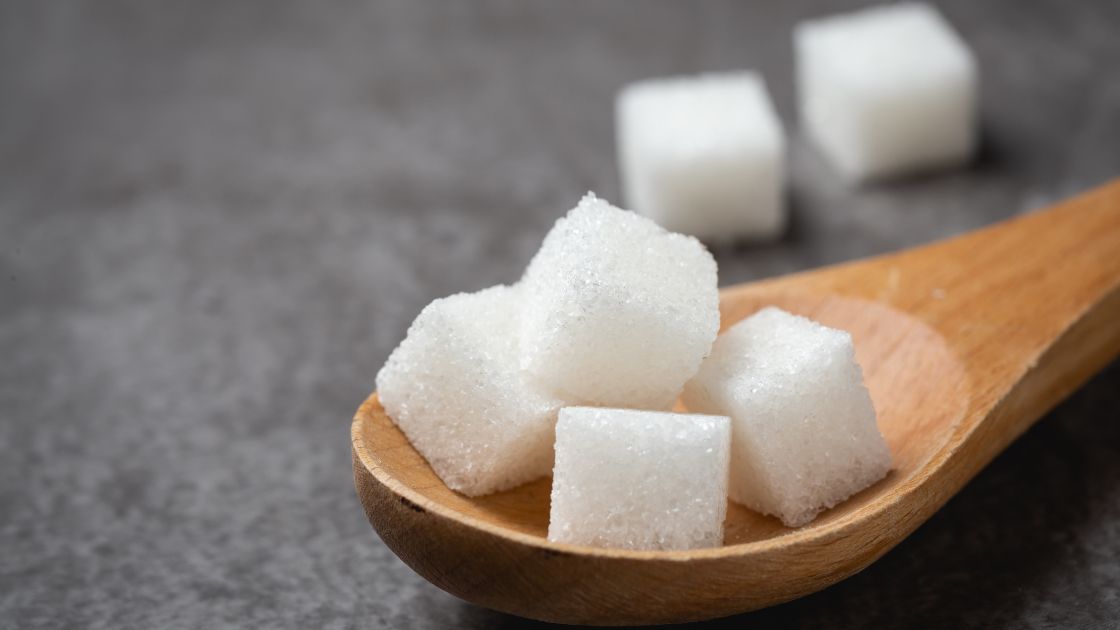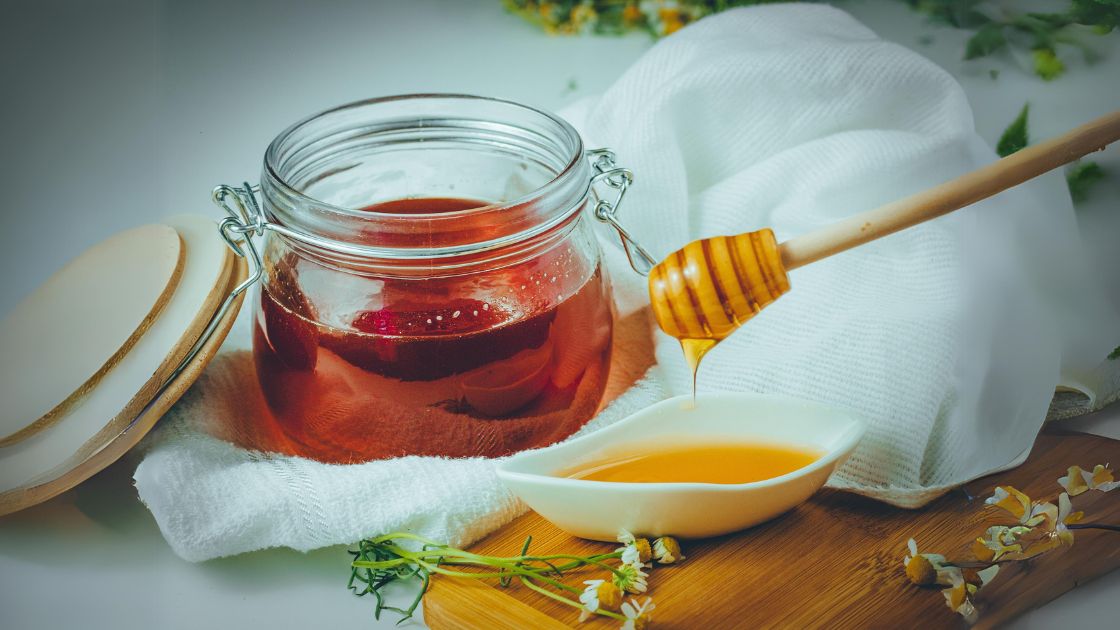
Castor Oil vs Onion Oil: Benefits, Uses, and Which is Better?
When it comes to natural moisturisers and leave-in treatments, coconut oil appears to have everyone in the beauty business buzzing with excitement.
However, new research by the community of beauty bloggers has revealed a world of other natural oils that may be even more helpful than the well-known coconut oil.
Two most-searched examples are castor oil vs onion oil. These oils can help you avoid using chemical-laden serums while also benefiting your skin and hair. They can replace your regular serums, moisturisers, and leave-in conditioners. But how does onion oil vary from castor oil?
Which is better between castor oil vs onion oil? This article will address all of your questions.
Comparison of Castor Oil and Onion Oil
|
Criteria |
Castor Oil |
Onion Oil |
|
Source |
Extracted from seeds of the castor oil plant |
Extracted from onion bulbs |
|
Odor |
Mild, slightly nutty scent |
Strong, pungent onion aroma |
|
Appearance |
Thick, viscous consistency |
Typically thinner consistency |
|
Nutritional Content |
It contains ricinoleic acid and various fatty acids |
It contains sulfur compounds and vitamins |
|
Hair Benefits |
Moisturizes and nourishes hair, promotes hair growth |
Stimulate hair follicles, potentially reducing hair fall |
|
Scalp Benefits |
Soothes scalp irritation and may help treat dandruff |
Have antibacterial properties, aiding in scalp health |
|
Skin Benefits |
Moisturises and softens skin |
Improve skin texture and tone |
|
Side Effects |
Rare, but may include skin irritation or allergic reactions |
Rare, but may cause scalp irritation or allergic reactions |
What is Onion oil?
Despite their pungent odour and the ability to make you cry, onions have been used well in hair and skin treatments and can help restore hair loss. Its anti-inflammatory, antibacterial, and antioxidant-rich properties make it an excellent treatment for painful scalp when administered as an oil.
These bulbous vegetables, which are high in critical nutrients such as Vitamin C, Vitamins B9 and B6, and Potassium, are supposed to strengthen hair roots, encourage rapid hair development, give lustre to your locks, and even keep your complexion shining.
Note: Do check out our 100% Ayurvedic onion hair oil for all-around hair protection.
Benefits of Onion oil
- Preventing hair loss: Onion juice, rich in sulfur, fortifies hair follicles and strands, preventing breakage and reducing shedding significantly.
- Combatting premature greying: Antioxidants in onion juice inhibit the enzyme responsible for premature greying, preserving the natural pigment and colour of the hair.
- Nourishing dry hair: Compounds in onion juice boost blood circulation to the scalp, stimulating follicles and nourishing dry, brittle hair, leaving it smooth and lustrous.
- Controlling dandruff: Onion juice's antifungal properties hinder fungal growth, a common cause of dandruff. Its antioxidants also alleviate itchiness and inflammation on the scalp.
- Alleviating scalp issues: Onion juice's antimicrobial and anti-inflammatory properties mitigate scalp infections, sensitivity, and irritation, promoting scalp health and comfort.
How to apply Onion oil to your scalp and hair?
It is advisable to extract the juice from little onions at home to ensure you obtain the maximum benefit of onions while avoiding dangerous elements. To cure baldness, place a few drops of oil in your hand and massage it into your scalp for 15-20 minutes. Allow the oil to sit in the hair for a while before rinsing it out with shampoo. To see results rapidly perform the practice every two days.
What is Castor oil?

Pure castor oil, derived from the castor bean plant, is well-known for its high content of ricinoleic acid, an anti-inflammatory and antibacterial fatty acid. Ricinoleic acid is thought to improve scalp health by reducing inflammation and inhibiting microbial development. Furthermore, castor oil contains critical nutrients such as omega-6 fatty acids, vitamin E, and proteins, nourishing hair follicles and promoting overall health.
How to make use of Castor oil?
If you want to use castor oil to promote hair growth, try applying a few drops to your scalp. You may also apply a few drops to the end of your hair. This may help reduce breakage and enhance hair texture.
Castor oil improves hair since it is a thick, dense material that is difficult to remove from the hair. To neutralise it, use it with other natural oils such as coconut or jojoba. By blending one part castor oil with two parts another "carrier oil," you may lessen castor oil's fragrance, which many people loathe.
Benefits of Castor oil
- Hair Loss Prevention: Onion juice, abundant in sulfur, strengthens hair follicles and strands, preventing breakage and significantly reducing shedding.
- Fighting Premature Greying: Antioxidants found in onion juice inhibit the enzyme associated with premature greying, thus maintaining the hair's natural pigment and colour.
- Moisturising Dry Hair: Onion juice compounds enhance scalp blood circulation, stimulating follicles and moisturising dry, brittle hair, resulting in a smooth, lustrous appearance.
- Dandruff Management: The antifungal properties of onion juice impede fungal growth, a common dandruff culprit, while its antioxidants soothe scalp itchiness and inflammation.
- Scalp Issue Relief: Onion juice's antimicrobial and anti-inflammatory qualities alleviate scalp infections, sensitivity, and irritation, fostering scalp health and comfort.
Castor vs Onion oil: Which is better?

Castor oil may naturally moisturise your skin and hair, and its antioxidant properties may prevent free radicals from aggravating the ageing process. Castor oil is ideal for growing your hair and keeping your skin fresh and radiant. If you are prone to acne and regularly have dandruff, you should try some onion oil.
Conclusion
The use of natural hair care components such as castor oil and onion juice ties us to ancient knowledge. Castor oil thoroughly conditions the hair, leaving it silky and lustrous. In addition, massaging it into the scalp increases blood circulation.
Onion juice's sulphur content strengthens hair strands and follicles. It stops hair from thinning and greying. It also reduces dandruff. Both oils have significant advantages for hair health. Castor oil fits all hair types whereas Onion juice works best for greasy hair prone to greying and dandruff. Their benefits improve when combined with other plants.
FAQs
1. Can I use castor oil and onion juice together on my hair?
Yes, you may use castor oil and onion juice in your hair treatment. Combining the two can increase the advantages since castor oil's moisturising characteristics match the sulfur-rich onion juice, boosting hair growth and minimising hair loss.
2. How often should I apply castor oil or onion juice to my hair?
Begin with a once-weekly application of castor oil, especially if this is your first time using it. Depending on how your hair responds, you can increase the frequency to two or three times each week. Start with onion juice and apply it two to three times each week.
3. Will onion juice make my hair smell bad?
Onion juice has a strong odour, but you may substantially decrease it by thoroughly washing your hair with a gentle shampoo after the treatment.
4. Can I leave onion juice on my hair overnight?
Due to its potency, leaving onion juice in your hair overnight might irritate the scalp. Onion juice can provide advantages in as little as 30 minutes to an hour.
5. What should I do if I experience irritation after applying castor oil or onion juice?
If you suffer any irritation, itching, or pain after using castor oil or onion juice, rinse it immediately with plenty of water and a mild shampoo. If discomfort continues, discontinue usage and visit a dermatologist.






Leave a comment
This site is protected by hCaptcha and the hCaptcha Privacy Policy and Terms of Service apply.